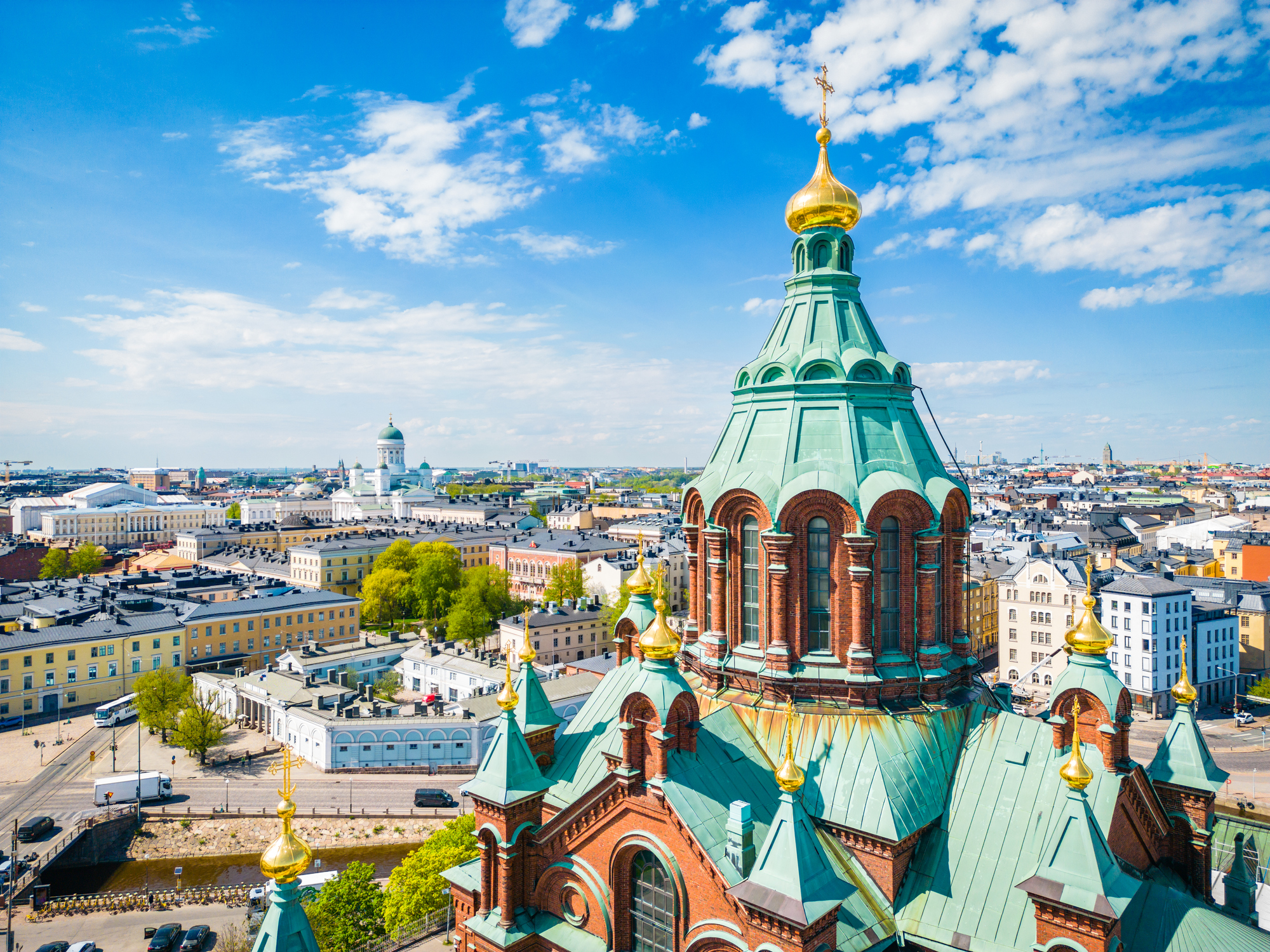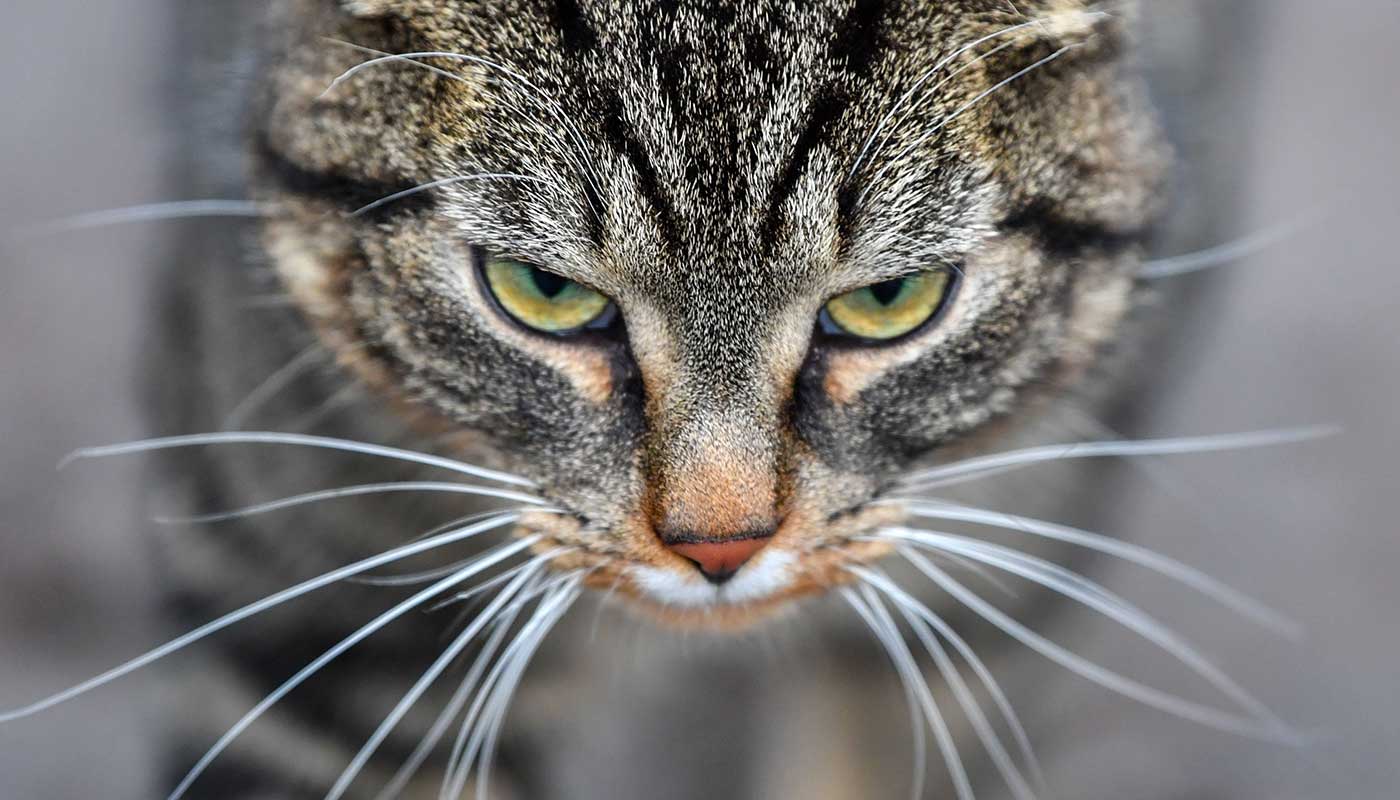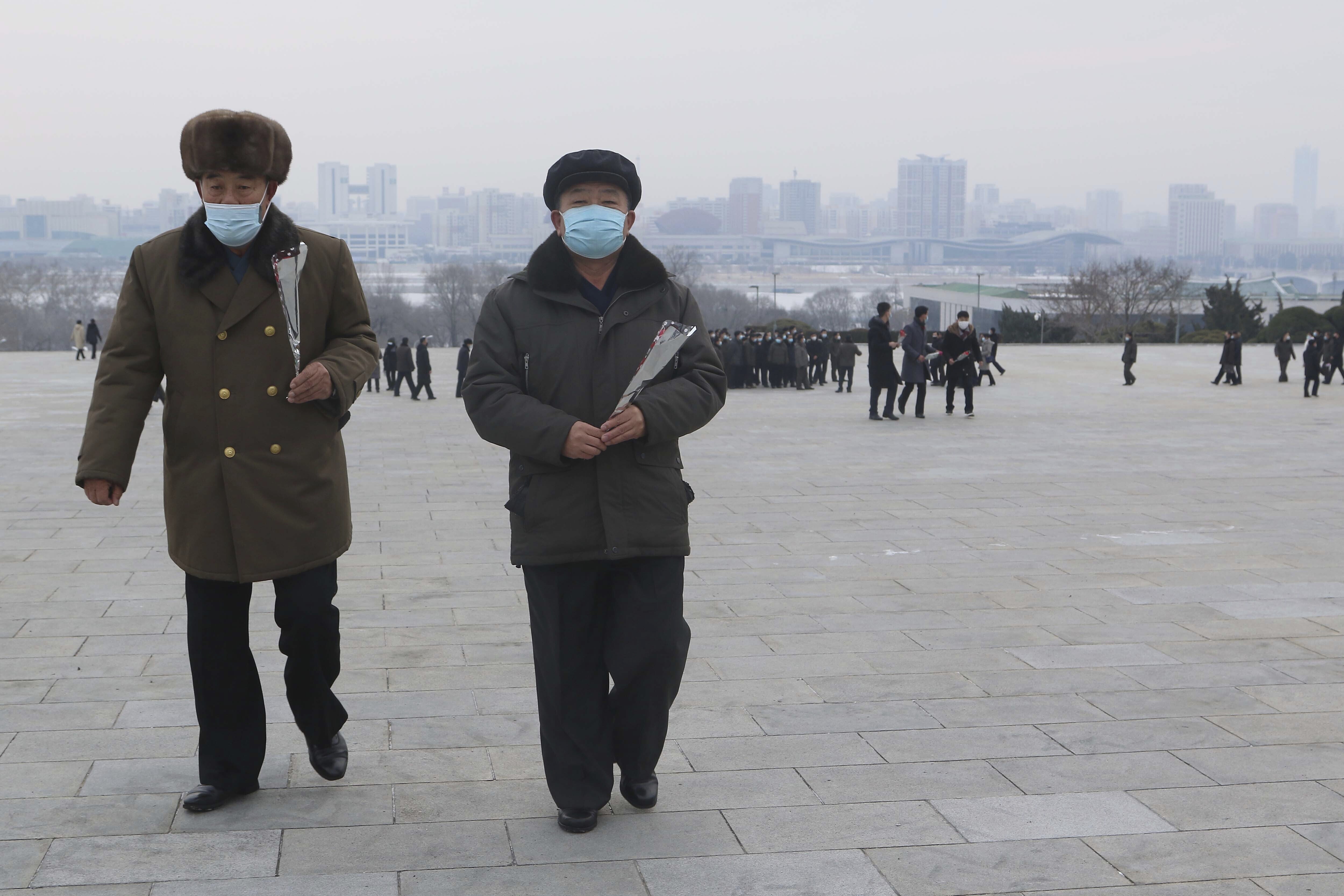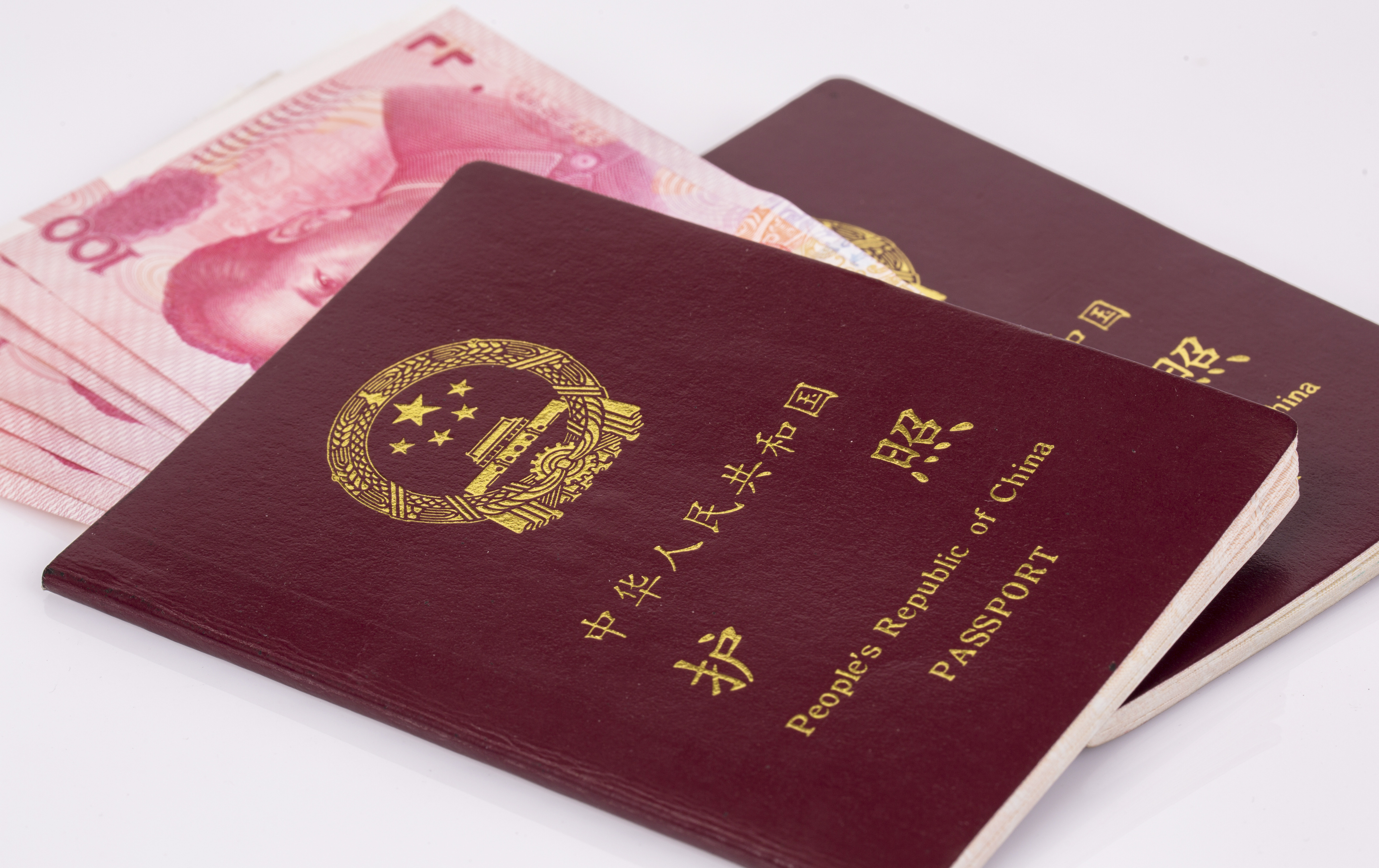‘Ethnic minorities are more hesitant about taking the vaccine - I can understand why’
Your digest of analysis and commentary from the British and international press
- 1. Ethnic minorities are more hesitant about taking the vaccine - I can understand why
- 2. The economic crisis is worse now than in 2008 – there is only one way out
- 3. The West is divided but Britain can build a coalition to counter China
- 4. Why do so many professional, middle-class Brits insist they're working class?
- 5. We could all do with a breath of fresh air
A free daily email with the biggest news stories of the day – and the best features from TheWeek.com
You are now subscribed
Your newsletter sign-up was successful
1. Ethnic minorities are more hesitant about taking the vaccine - I can understand why
Natasha Mwansa in the London Evening Standard
on BAME distrust
“Black people have a horrifying history with experimental medicine, dating back to slavery, but even today we feel the brunt of a system that doesn’t seem too concerned about our collective wellbeing. After it was confirmed that Covid affected us much more than any other ethnic group, we saw no efforts to investigate this further. We see the same thing with mortality rates among pregnant black women being much higher than for any other group. Such issues, as well as those like the Windrush scandal, show us what little regard the government has for us — why should we trust that they have our best interest at heart now?”
The Week
Escape your echo chamber. Get the facts behind the news, plus analysis from multiple perspectives.

Sign up for The Week's Free Newsletters
From our morning news briefing to a weekly Good News Newsletter, get the best of The Week delivered directly to your inbox.
From our morning news briefing to a weekly Good News Newsletter, get the best of The Week delivered directly to your inbox.
2. The economic crisis is worse now than in 2008 – there is only one way out
George Soros in The Independent
on avoiding a crash
“Perpetual bonds ought to be introduced now, when global interest rates cannot fall any lower. They would lock in that advantage forever. They could be introduced gradually to allow financial markets to familiarise themselves with a new instrument. This presents no problem because an undated bond can be easily sold in tranches. European governments themselves must expand their own capacity for a muscular fiscal response to the pandemic. That is why individual countries should issue perpetual bonds to finance the costs of fighting Covid-19.”
A free daily email with the biggest news stories of the day – and the best features from TheWeek.com
3. The West is divided but Britain can build a coalition to counter China
Nick Timothy in The Daily Telegraph
on a threat in the East
“As the government performs a post-Brexit geopolitical pivot, making Britain more of a presence and a player in the Pacific, there will be further cause to align with others concerned about Chinese intent and power. Much more can and should be done. At home, the government needs to make supply chains more resilient and less dependent on China. Ministers should accept demands to block trade deals with countries found guilty of genocide. And internationally, Britain must broker an alliance capable of sustaining a common approach to Beijing. The Chinese regime needs high economic growth to survive, and for such growth it needs sensible relations with the rest of the world. The democracies have leverage against China. Britain should make sure it is used.”
4. Why do so many professional, middle-class Brits insist they're working class?
Sam Friedman for The Guardian
on our place in society
“Coronavirus has brutally reinforced that it pays to be privileged. Yet despite the advantages enjoyed by those from middle-class backgrounds, it is precisely these individuals who believe most strongly that meritocracy is working; that ‘hard work’ is the key to success. One explanation for this is that many simply do not see themselves as privileged. Britain certainly has an unusual attachment to working-class identities. While in most western countries people tend to identify as middle class, Britain has long been an intriguing outlier. According to the British Social Attitudes Survey, 47% of Britons in middle-class professional and managerial jobs identify as working class. Even more curiously, a quarter of people in such jobs who come from middle-class backgrounds – in the sense that their parents did professional work – also identify as working class.”
5. We could all do with a breath of fresh air
Libby Purves in The Times
on feeling the breeze
“Finally there’s something cheaper to plan for post-pandemic: a small change of habit and expectation. Let the air in! Respiratory viruses love warm enclosed spaces and revel in air conditioning. We are a notably frowsty nation, huddling in sealed double-glazed boxes at home and at work, scorning buses and trains whose windows open, unwilling to wear warm vests or sweaters if there’s a thermostat to tweak instead. Scandinavian toddlers have naps outdoors all year, bundled up; ‘Friluftsliv’ requires airing. In Germany, Austria and Switzerland traditionalists fling the windows open twice a day all year round; indeed doing so is sometimes a binding clause in rental agreements. Angela Merkel, worried at her land’s growing Americanisation, urged ‘Lüften!’ as one of the cheapest and most effective ways of containing the virus.”
-
 The ‘ravenous’ demand for Cornish minerals
The ‘ravenous’ demand for Cornish mineralsUnder the Radar Growing need for critical minerals to power tech has intensified ‘appetite’ for lithium, which could be a ‘huge boon’ for local economy
-
 Why are election experts taking Trump’s midterm threats seriously?
Why are election experts taking Trump’s midterm threats seriously?IN THE SPOTLIGHT As the president muses about polling place deployments and a centralized electoral system aimed at one-party control, lawmakers are taking this administration at its word
-
 ‘Restaurateurs have become millionaires’
‘Restaurateurs have become millionaires’Instant Opinion Opinion, comment and editorials of the day
-
 ‘Irony’ as Zoom calls staff back to office
‘Irony’ as Zoom calls staff back to officefeature And other stories from the stranger side of life
-
 The U.S. veterinarian shortage crisis
The U.S. veterinarian shortage crisisSpeed Read With an anticipated shortage of 15,000 vets by 2030, it will be harder to get care for pets
-
 Company teaches mask-wearers to smile again
Company teaches mask-wearers to smile againfeature And other stories from the stranger side of life
-
 Global happiness has been 'remarkably resilient' over the past three years
Global happiness has been 'remarkably resilient' over the past three yearsfeature
-
 Ministers considered killing all cats during pandemic
Ministers considered killing all cats during pandemicfeature And other stories from the stranger side of life
-
 North Korea imposes 5-day lockdown on capital to fight 'respiratory illness'
North Korea imposes 5-day lockdown on capital to fight 'respiratory illness'Speed Read
-
 China to begin re-issuing passports in another reversal of COVID lockdowns
China to begin re-issuing passports in another reversal of COVID lockdownsSpeed Read
-
 The Week Unwrapped: Tracking apps, BTS and stay-at-home girlfriends
The Week Unwrapped: Tracking apps, BTS and stay-at-home girlfriendspodcast Does China’s U-turn mark the end of Covid-tracking apps? Has South Korean pop passed its peak? And are we really seeing the rise of the stay-at-home girlfriend?